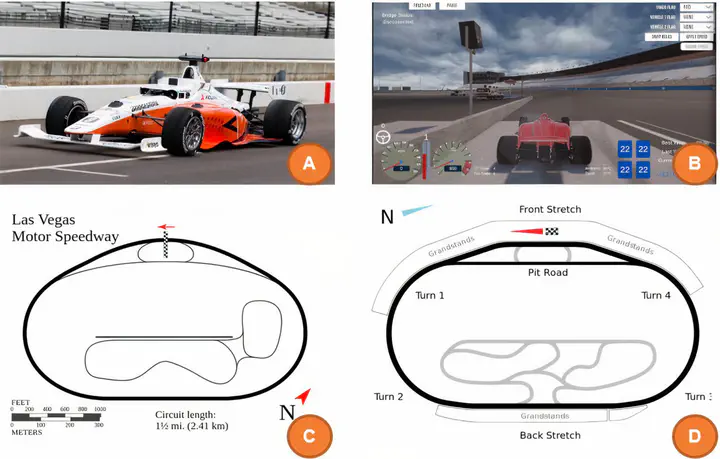
Abstract
Autonomous racing presents a challenging environment for testing the limits of autonomous vehicle technology. Accurately modeling the vehicle dynamics (with all forces and tires) is critical for high-speed racing, but it remains a difficult task and requires an intricate balance between run-time computational demands and modeling complexity. Researchers have proposed utilizing learning-based methods such as Gaussian Processes (GP) for learning vehicle dynamics. However, current approaches often oversimplify the modeling process or apply strong assumptions, leading to unrealistic results that cannot translate to real-world settings. In this paper, we proposed DKL-SKIP, a method combining deep kernel learning (DKL) with SKIP-GP, for vehicle dynamics modeling. Our approach outperforms standard GP methods and the Numerical algorithms for Subspace State Space System Identification technique (N4SID) in terms of prediction accuracy. In addition to evaluating DKL-SKIP on real-world data, we also evaluate its performance using a high-fidelity autonomous racing AutoVerse simulator. The results highlight the potential of DKL-SKIP as a promising tool for modeling complex vehicle dynamics in both real-world and simulated environments.